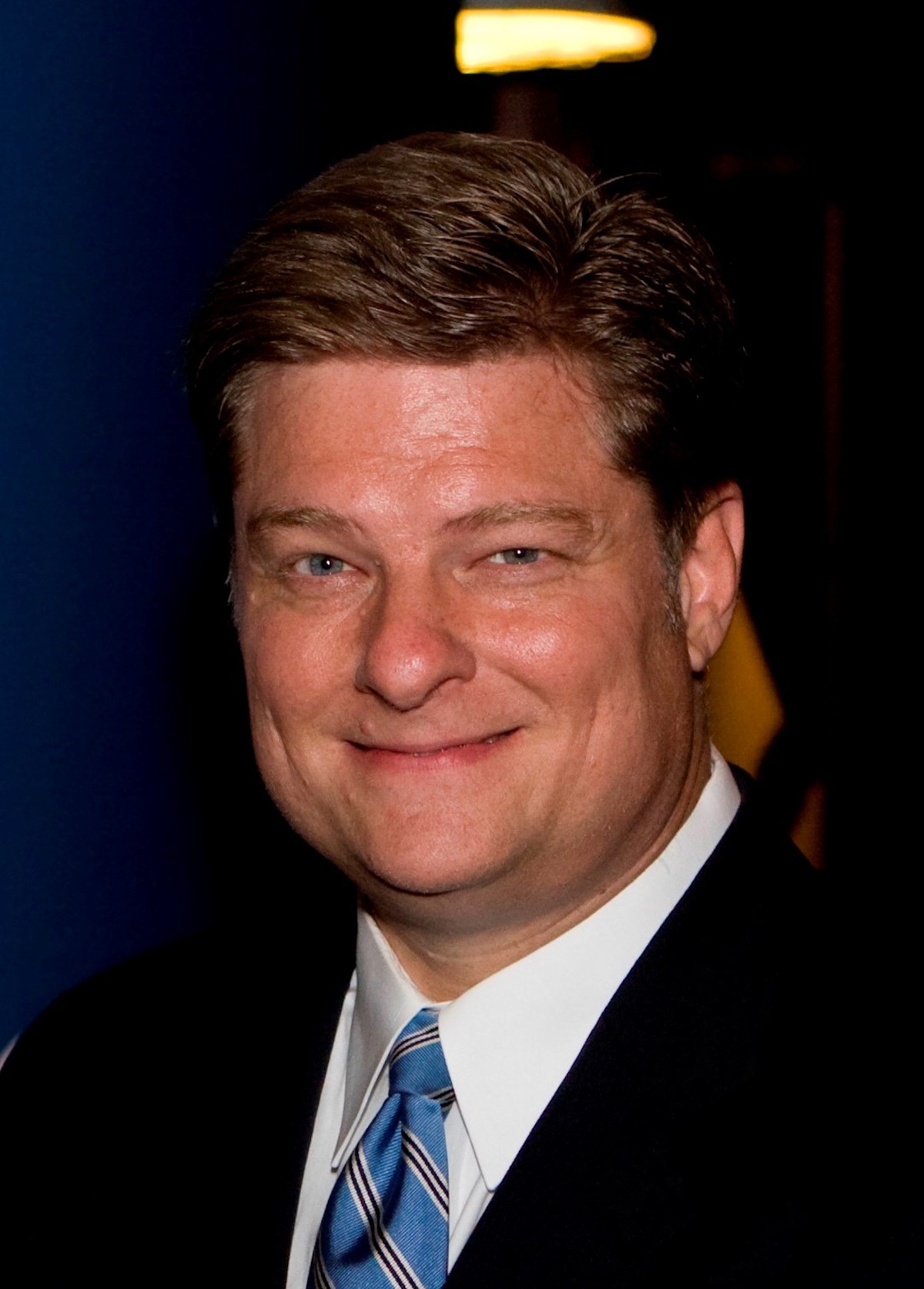By Scott Graber
It is Wednesday and I have my coffee — Pacific Gold — and the Wall Street Journal. Today’s Journal features a column by Lance Morrow. Many older readers will remember Morrow’s essays.
When I was in college; when everyone read Time Magazine cover to cover; Morrow had a persuasive voice. Well, Lance is back; but these days his voice comes with a doomsday vibe.
“America feels like an alcoholic household — crazy with grievance, accusation, irrational rage, screaming in the middle of the night. The children lie in the dark, wide-eyed, listening. In the morning the family comes downstairs trying to pretend that everything is normal.”
“Are things that bad? Drunks can get sober. Countries can change. But not without brains and faith, not without abandoning the compulsion to lie and the weird self-righteousness that addiction begets. The failures have been complex — spiritual, social and otherwise. Maybe nothing can be done.”
“Are you crazy,” I mumbled into my Pacific Gold. “Surely, something can be done!”
I would argue that in 1865 — at the end of the Civil War — this country was as divided as it seems to be divided today. The South was prostrate, defeated, bitter. If you want to know how bitter get a copy of “The South As It Is 1865-1866” and read about Beaufort County in pages 198-215.
Just 25 years later there were Northern entrepreneurs in Port Royal; Southern business leaders living in New York; these men were pragmatists who decided to do some “forgetting and forgiving” as Lewis Hyde might counsel. (See Hyde’s “Primer on Forgetting” Farrar, Straus & Giroux, 2019).
A few years after that, in 1912, Southern-born Woodrow Wilson was elected President of these United States and we were on our way to national reconciliation.
“A nation is not made of anything physical. A nation is made of its thoughts and purposes. Nothing can give it dignity except its thoughts. Nothing can give it impulse except its ideals.”
Here, in 1912, Woodrow Wilson was making the point that in order for a country to survive, its people must be willing to remember and seek its ideals — notwithstanding continuing, manifest imperfections — the biggest imperfection (at that moment) being the disenfranchisement of black voters in the South.
In 1912, Beaufort County was struggling with after-effects of a hurricane, the loss of its phosphate industry, unaware the boll weevil was waiting in the wings. Many folks, especially Black folk, were getting the hell out by riding the Coast Line to New York and Philadelphia.
But Southern-born Woodrow Wilson, acting on his ideals, sent thousand of American teenagers to France where they took on the Kaiser and sustained about 100,000 casualties. That “expeditionary force” included Southern farm boys in large, statistically significant numbers.
When the Japanese brought America to the fight in 1941, impoverished teenagers, southern-born black and white, enlisted in numbers that were disproportionately larger than any other part of the Country. In 1941, the American South sent its teenagers to Guadalcanal and Anzio to confront tyranny.
Lance Morrow’s column is actually focused on Harvard University and their recent, free-speech troubles, saying it’s former President, Claudine Gay, came into office with a transformative agenda believing in the “university’s — and the country’s — embedded evil; racism, white supremacy, oppression of minorities, especially blacks.”
“Harvard in the 21st Century is rooted in the question of theodicy. How can the country’s evils be reconciled with its core Emersonian ideals of excellence, individualism, freedom of thought and speech and other fundamental notions …”
So, yes, I know that at some point ideals have to be actualized into action — or legislation. But it can be argued that starting in the 1960s we have put some of those ideals into play with the accommodations, fair housing, voting rights and affirmative action legislation. And yes, it is true the Supreme Court recently put the kibosh on affirmative action. And to this point Lance writes, “If America is so oppressively evil, how did it happen that this black professor, with embarrassingly meager qualifications, found herself at the pinnacle of American academic life as President of Harvard?”
“Harvard’s motto is veritas — truth. That was never meant to be a claim that Harvard already possessed the truth. Rather, it was a promise to struggle to search for the truth …”
There will always be some distance between our ideals and our ability to crystallize those ideals in legislation; but we must re-read those ideals whether written by Thurgood Marshall, Frederick Douglass or Woodrow Wilson.
Scott Graber is a lawyer, novelist, veteran columnist and longtime resident of Port Royal. He can be reached at cscottgraber@gmail.com.








